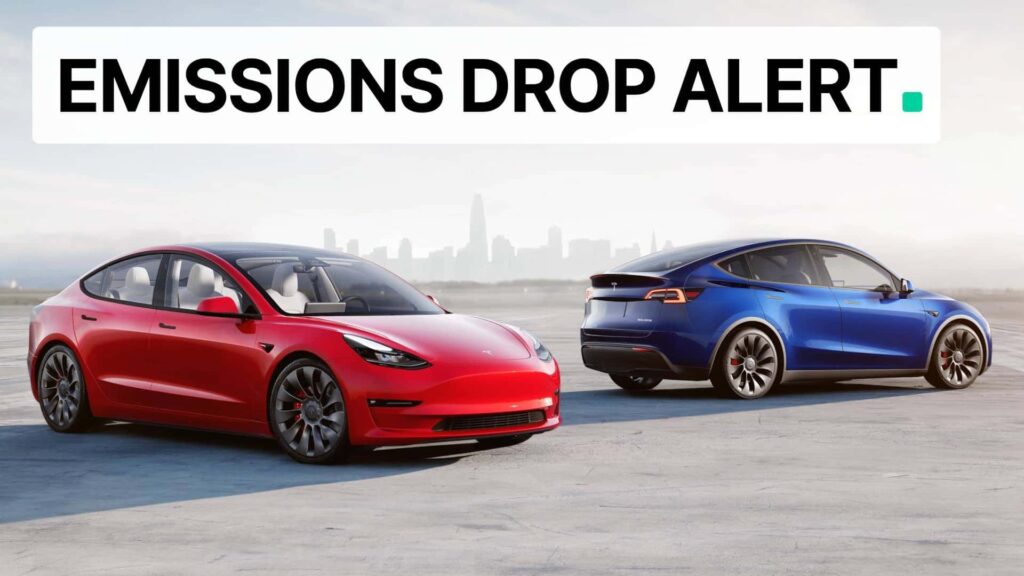The Environmental Protection Agency recently released a report showcasing the significant drop in new-vehicle emissions in the U.S. in 2023, thanks to the higher adoption of fully electric vehicles and plug-in hybrids. This shift towards cleaner transportation options has not only reduced harmful carbon dioxide emissions but has also led to record-high fleetwide fuel economy rates.
Transportation is a major contributor to greenhouse gas emissions in the U.S., with light-duty vehicles accounting for a significant portion. The EPA has highlighted the importance of reducing tailpipe emissions, which are known to have adverse effects on public health, including respiratory illnesses and lung diseases.
The report indicates that real-world new-vehicle CO2 emissions reached a record low of 319 grams per mile for model year 2023 vehicles, representing an 18-point reduction compared to the previous year. Fleetwide fuel economy levels also hit a new high of 27.1 miles per gallon, thanks to the increased production and adoption of fully electric and plug-in hybrid models.
Automakers sold a record 1.1 million EVs and PHEVs in 2023, with expectations of even higher sales numbers in 2024. Without these electrified vehicles, emissions would have risen significantly, and fuel efficiency would have stagnated.
Tesla has been leading the fuel economy charts since 2016, with the Model 3 sedan playing a key role in this achievement. On the other hand, Stellantis has consistently manufactured the dirtiest cars since 2015. Other automakers, such as Hyundai, Kia, BMW, and Mercedes, have shown significant reductions in emissions for their 2023 models, resulting in the largest emissions drops and fuel economy improvements.
SUVs have now surpassed sedans in terms of efficiency, thanks to electrification and increased sales volumes. Electric SUVs accounted for 36% of all MY2023 SUVs sold, leading to lower average new-vehicle CO2 emissions and improved fuel economy in this category.
EPA Administrator Michael S. Regan emphasized the importance of strong, technology-neutral standards in driving environmental progress while saving consumers money at the pump. He praised automakers for their innovation and commitment to bringing cleaner technologies to the market, which will have a positive impact on air quality and public health.
In conclusion, the transition to electric and hybrid vehicles is playing a crucial role in reducing emissions and improving fuel efficiency in the automotive industry. With continued advancements in technology and increasing consumer adoption, the future looks promising for a cleaner and more sustainable transportation sector.

